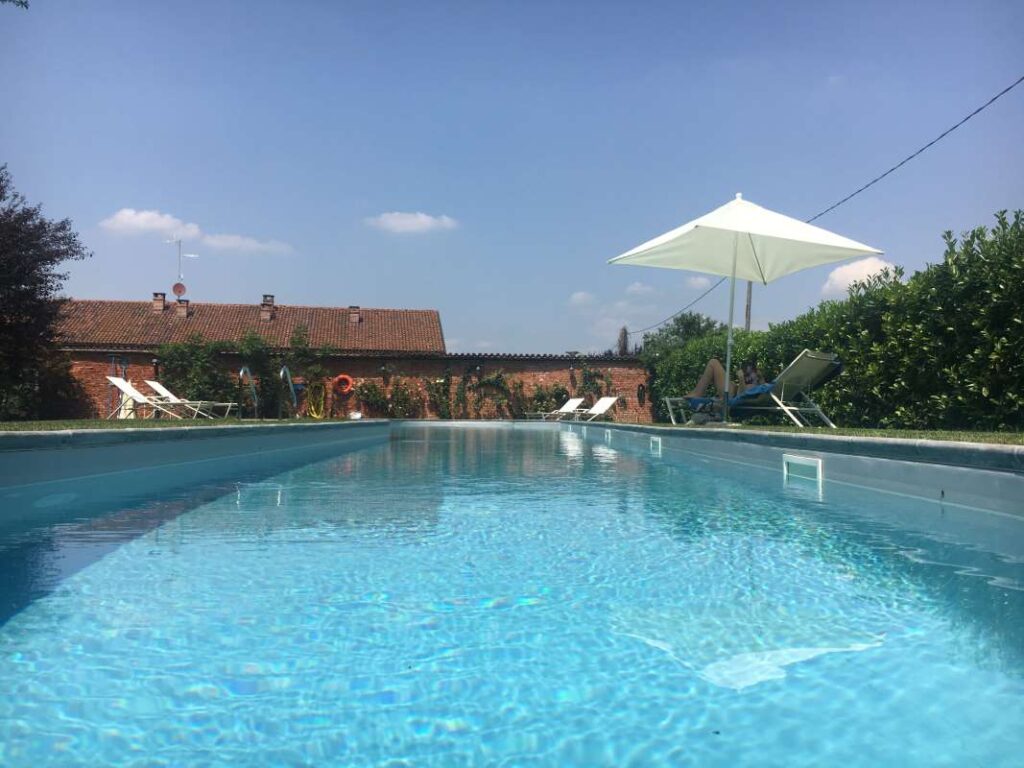How to Leverage Event Sponsorships to Gain New Customers
Event sponsorships have become a cornerstone of modern marketing strategies, offering businesses a unique opportunity to connect with potential customers. This blog post delves into how companies can leverage sponsorships to not only enhance brand visibility but also acquire new clients. Throughout this article, we’ll explore the importance of choosing the right event, the strategies for effective engagement, and the best practices to maximize return on investment (ROI) in sponsorships.
In today’s fast-paced, competitive landscape, businesses must constantly seek out innovative ways to attract consumers. Event sponsorships present a dynamic avenue to showcase products or services while directly engaging with a targeted audience. From trade shows to community events, the possibilities are endless, but understanding how to navigate these opportunities is crucial for success.
We’ll cover key strategies for selecting events that align with your brand, tips for creating memorable engagement experiences, effective follow-up techniques, and how to measure the success of your sponsorship efforts. By the end, readers will be equipped with actionable insights to transform event sponsorships into robust customer acquisition channels.
Understanding the Value of Event Sponsorships
Event sponsorships provide businesses with a platform to enhance brand awareness and connect with potential customers in a meaningful way. According to a study by the Event Marketing Institute, 74% of consumers say they are more likely to buy a product after attending a branded event. This statistic underscores the power of face-to-face marketing and direct interaction.
Moreover, sponsoring events allows companies to position themselves alongside respected brands and community initiatives, which can greatly enhance their reputation. By associating with positive experiences and causes, businesses can build trust and credibility, making it easier to acquire new customers.
For example, a pool service company could sponsor a local community pool day, offering free consultations on pool maintenance. This not only positions the company as a community-focused business but also attracts local homeowners who may require pool services.
Selecting the Right Events
Choosing the right events to sponsor is critical to maximizing the effectiveness of your sponsorship efforts. Businesses should consider factors such as audience demographics, the event’s reputation, and alignment with their brand values. For instance, if your pool service company targets affluent homeowners, sponsoring upscale home shows or local luxury expos could yield the best results.
Researching the event’s past sponsors and attendees can offer valuable insights into whether your target audience will be present. Reviewing event statistics, such as attendance numbers and audience engagement rates, can help in making informed decisions. Additionally, consider events that allow for direct interaction with attendees, as these facilitate immediate customer relationships.
Moreover, aligning sponsorships with events that support a cause can strengthen brand loyalty. For example, sponsoring a charity swim event not only showcases your services but also associates your business with community welfare, attracting customers who value social responsibility.
Creating Engaging Experiences
Simply sponsoring an event is not enough; businesses must actively engage with attendees to convert interest into leads. This engagement can take many forms, from interactive booths to experiential marketing activities. For instance, offering on-site demonstrations of your pool service technology can draw in potential customers and allow them to see the value of your services firsthand.
Utilizing technology can further enhance engagement. QR codes placed strategically throughout your booth can link to special offers or informative content, capturing leads digitally. Additionally, interactive contests or giveaways can incentivize attendees to provide their contact information, further enriching your lead database.
It’s also crucial to train your team on how to effectively communicate your brand message and offerings. Having knowledgeable staff on hand to answer questions and engage with guests can significantly enhance the overall experience and leave a lasting impression.
Effective Follow-Up Strategies
After the event, the follow-up process is where many businesses falter. A timely and personalized follow-up can convert leads generated at the event into new customers. Begin by sending thank-you emails to all who visited your booth, expressing appreciation for their time and interest.
Incorporate value-driven content in your follow-ups, such as tips on pool maintenance or exclusive discounts for event attendees. This not only keeps your brand top-of-mind but also demonstrates your expertise. For pool service providers, sharing seasonal maintenance guides or offering free consultations can attract leads and encourage them to engage your services.
Utilizing customer relationship management (CRM) tools can streamline this process, ensuring that all leads are tracked and managed effectively. This organized approach allows for personalized communications, which can significantly improve conversion rates.
Measuring Success: Metrics that Matter
To truly understand the ROI of event sponsorships, businesses must implement metrics to evaluate success. Key performance indicators (KPIs) could include the number of leads generated, the conversion rate of leads to customers, and the overall sales attributed to the event.
Additionally, tracking engagement metrics, such as booth visits and interactions, can provide insight into how well your brand resonated with attendees. Surveys sent post-event can also gather feedback on attendees’ experiences and perceptions of your brand.
Utilizing software solutions like EZ Pool Biller can help manage and analyze the data collected during the event, providing insights that can inform future sponsorship decisions. By understanding what worked and what didn’t, businesses can refine their approaches for future events.
Best Practices for Event Sponsorships
As you embark on your event sponsorship journey, consider these best practices to ensure maximum effectiveness:
- Start early: Plan your sponsorship strategy well in advance to secure the best opportunities.
- Align your brand: Ensure that the event aligns with your company values and target audience.
- Set clear objectives: Define what you want to achieve through the sponsorship, whether it’s brand awareness, lead generation, or networking.
- Engage before, during, and after: Build anticipation through pre-event marketing, engage attendees during the event, and follow up afterward.
- Utilize social media: Promote your sponsorship on social media to increase visibility and encourage attendance.
Implementing these practices can significantly enhance the effectiveness of your event sponsorships, translating into increased brand loyalty and new customer acquisition.
Expanding Beyond Local Events
While local events can yield great benefits, expanding your sponsorship efforts to regional and national events can open doors to larger audiences. Trade shows and industry conferences often attract a diverse group of potential customers from various locations, making them valuable opportunities for exposure.
For pool service businesses, sponsoring regional trade shows allows you to connect with other industry players, potential partners, and customers from beyond your local area. This can lead to collaborations, referrals, and increased brand visibility on a larger scale.
National events also offer the chance to showcase your brand on a grander stage, reaching a broader audience. However, ensure that your messaging and engagement strategies are adaptable to resonate with diverse attendees while still aligning with your brand identity.
Utilizing Digital Integration
In the age of digital marketing, integrating online strategies with event sponsorships can dramatically amplify results. Consider creating a dedicated landing page for the event, where attendees can learn more about your offerings, sign up for newsletters, or access exclusive content.
Utilizing social media platforms during the event can also enhance engagement. Live-tweeting from the event, posting updates on Instagram, or hosting a Facebook Live session can keep your audience informed and engaged, even if they are not present at the event.
Additionally, consider using targeted online ads to reach attendees before and after the event. Retargeting ads can remind visitors of your brand and encourage them to explore your services further.
Conclusion
In conclusion, leveraging event sponsorships can be an incredibly effective strategy for gaining new customers. By carefully selecting the right events, engaging effectively, and implementing robust follow-up strategies, businesses can transform sponsorships into fruitful customer acquisition channels.
The importance of measuring success cannot be understated; understanding the impact of your sponsorship efforts will enable continuous improvement and optimization of future strategies. As the landscape of marketing continues to evolve, embracing innovative approaches like event sponsorships is vital for staying competitive.
As you consider your next customer acquisition strategy, remember that event sponsorships can provide a unique, engaging platform to connect with your audience, drive leads, and ultimately grow your business. Start exploring local and national event opportunities today and watch your customer base expand.




